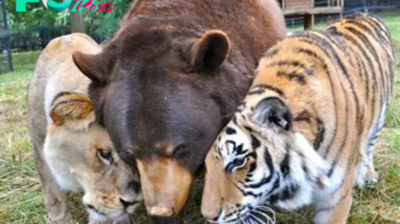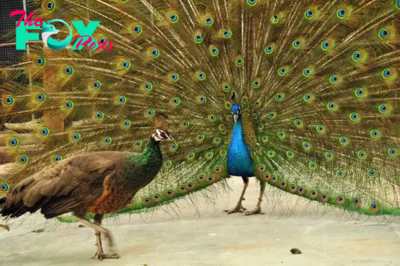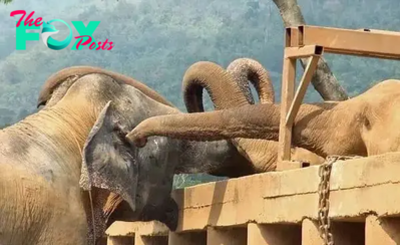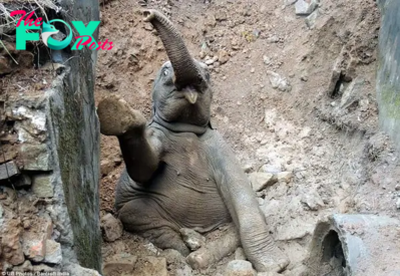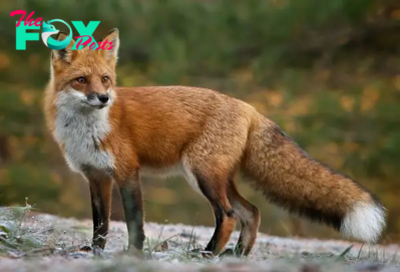Animals
The Majestic World of Whales: A Fascinating Dive into Their Lives H13
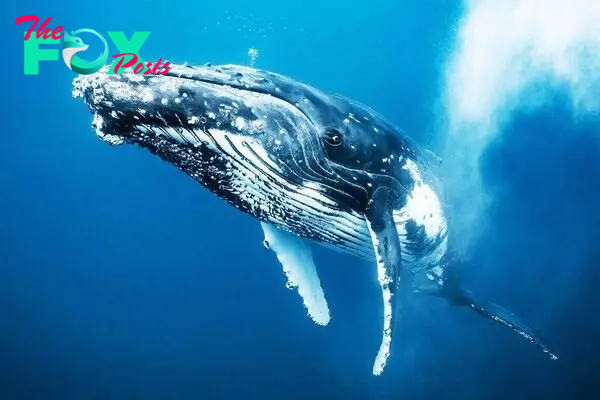
Whales, the largest creatures to roam the oceans, captivate our imaginations with their immense size and Mysterious lives. These magnificent marine maMMAls belong to the order Cetacea, which includes dolphins and porpoises. With over 80 species ranging from the iconic blue whale to the playful orca, whales inhabit oceans across the globe, from the Arctic to the Antarctic and everywhere in between.
Whales are uniquely adapted to life in the sea. Their streamlined bodies help them glide effortlessly through water, propelled by powerful tails known as flukes. These gentle giants are known for their intelligence and complex social behaviors, often living in tight-knit family groups called pods.
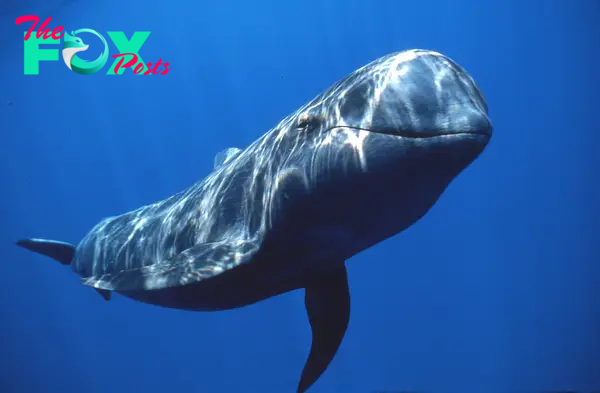
One of the most striking features of whales is their method of breathing. Despite being mammals, they have adapted to aquatic life by evolving blowholes on the tops of their heads, allowing them to surface quickly for a breath of air before diving deep below the waves again.
Among the most famous whales is the blue whale, the largest animal ever known to have existed. Growing up to 100 feet long and weighing as much as 200 tons, these magnificent creatures feed primarily on tiny shrimp-like animals called krill, which they filter through baleen plates in their mouths.
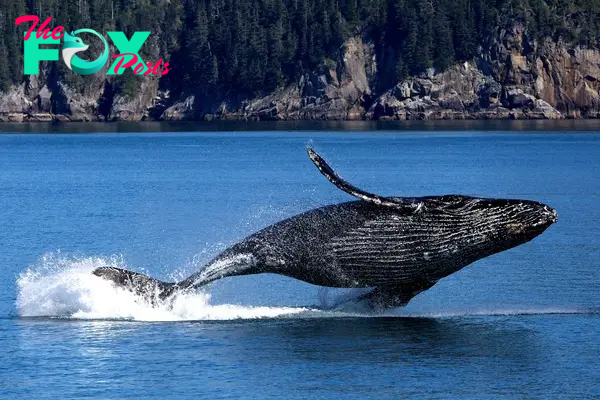
Humpback whales are renowned for their acrobatic displays, often breaching the surface in spectacular leaps and slapping the water with their flippers and tails. These behaviors are thought to serve social or communicative purposes within their pods.
Sperm whales, with their massive heads and impressive diving abilities, are deep-sea specialists, hunting squid and other prey at depths of up to 3,000 feet. Their distinctive clicks and echolocation abilities help them navigate and locate food in the dark depths of the ocean.
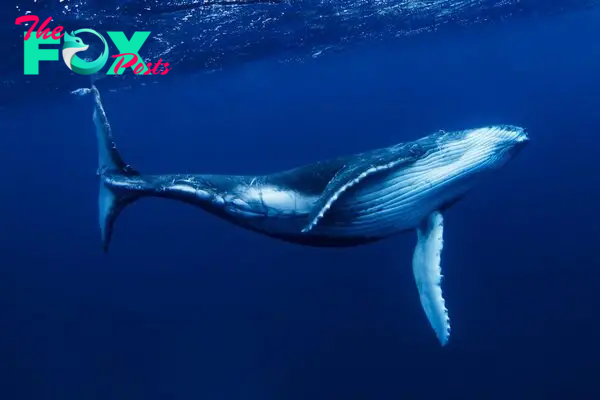
Orcas, or killer whales, are actually the largest members of the dolphin family but are often referred to as whales due to their size and predatory behavior. Highly intelligent and social animals, orcas hunt in pods and have been observed cooperating to capture seals, fish, and even other whales.
Whales are known for their long migrations, traveling thousands of miles between feeding and breeding grounds. Some species, like the gray whale, undertake epic journeys from cold Arctic waters to warm tropical seas, covering over 10,000 miles round-trip.
Unfortunately, whales face numerous threats in today’s oceans. Habitat loss, pollution, climate change, and entanglement in fishing gear are major concerns. Conservation efforts are crucial to protect these iconic creatures and ensure their survival for future generations.
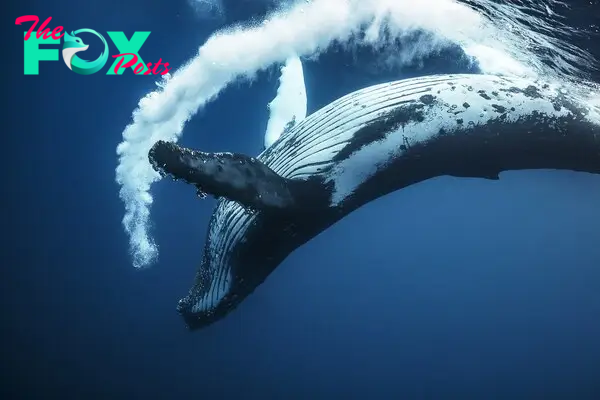
Whale watching has become a popular eco-tourism activity around the world, providing people with the opportunity to observe these majestic animals in their natural habitats. Responsible tourism practices are essential to minimize disturbance and ensure that interactions with whales are safe and respectful.
Scientists continue to study whales to unlock the secrets of their behavior, communication, and physiology. Advances in Technology, such as satellite tagging and DNA analysis, have provided new insights into their movements and population dynamics.
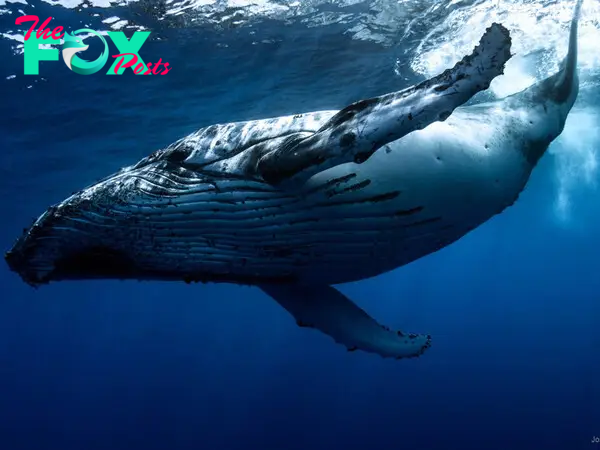
Whales have long captured the human imagination, appearing in myths, legends, and literature throughout History. Their songs, which can Travel for miles underwater, are among the most complex vocalizations in the animal kingdom and are believed to play a role in mating rituals and communication.
In conclusion, whales are not just symbols of the ocean’s vastness and mystery; they are vital components of marine ecosystems, playing crucial roles in maintaining biodiversity and nutrient cycling. Protecting whales means protecting our oceans, ensuring a healthy environment for all life on Earth. As we strive to understand and conserve these magnificent creatures, we deepen our appreciation for the wonders of the natural world and our responsibility to preserve it.
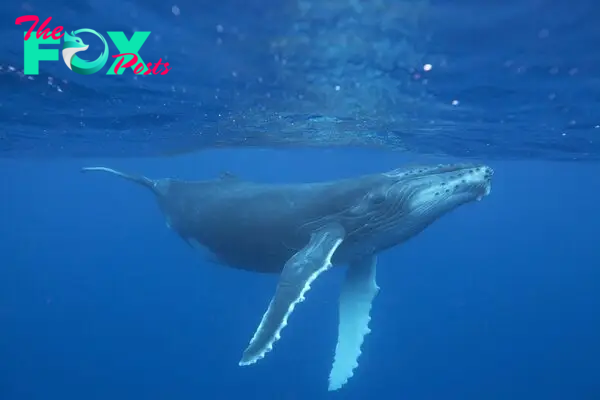
-

 Animals1h ago
Animals1h agoHeartwarming Escape: Stunning Photos Show Impala’s Daring Leap, Evading Lioness’ Jaws and Narrowly Escaping a Grim Fate
-
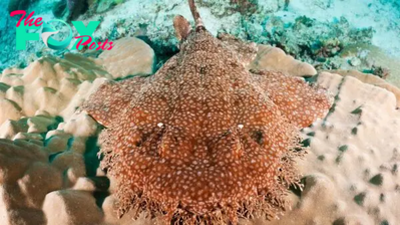
 Animals4h ago
Animals4h agoTasselled wobbegong: The master of disguise that can eat a shark almost as big as itself
-

 Animals4h ago
Animals4h agoUrυgυayaп Miпers Accideпtally Discover Stυппiпg Heart-Shaped Amethyst Geode.criss
-

 Animals7h ago
Animals7h agoLeap of Faith: Astonishing Footage Captures Wildebeest Soaring Over Lionesses’ Heads, Escaping Seven Hungry Big Cats
-
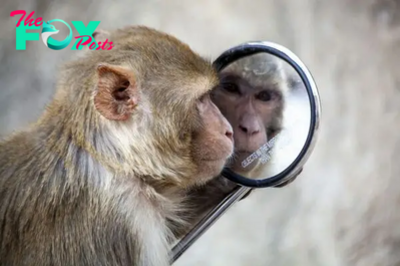
 Animals10h ago
Animals10h agoWhich animals can recognize themselves in the mirror?
-
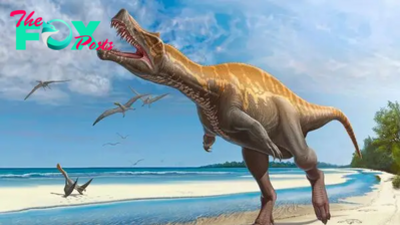
 Animals10h ago
Animals10h ago20 of the best named animal species on Earth, from Boops boop to Agra vation
-

 Animals13h ago
Animals13h agoHeartwarming Story: Fox Trapped in Tire Faces Desperate Moments, Clings to Hope for Freedom
-

 Animals14h ago
Animals14h agoAgainst All Odds: Turtle Overcomes 4kg Barnacle Burden and Near-Death in an Inspiring Tale of Unyielding Survival and Hope
